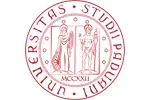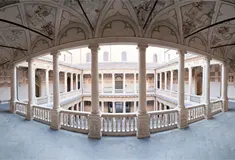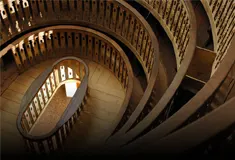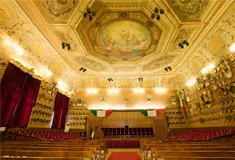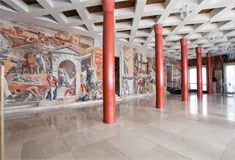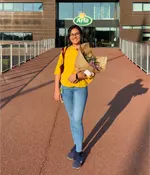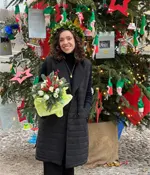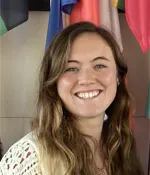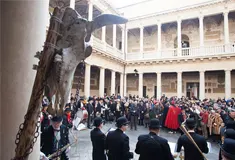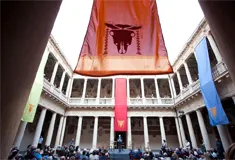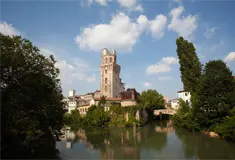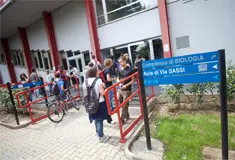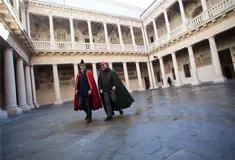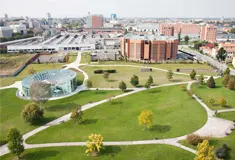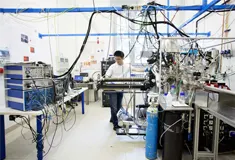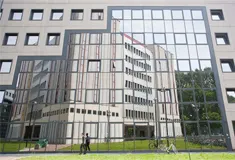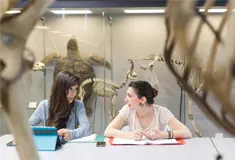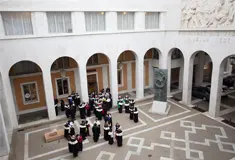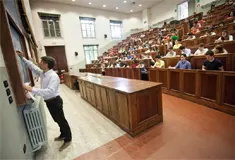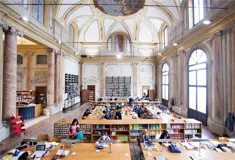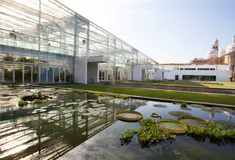- from India
- Master’s degree in Biotechnologies for food science
I was positive to join UniPD because it had a curriculum that did fit my subject. Furthermore, there is a history of UniPD that instantly depicts the strong foundation of education... and to me that university, where I would get that foundation would always be preferred. And looking back at those years, I can clearly see that it was the right choice.
The educational structure was somewhat to quite different from my home country.
1) There is an inclination towards comprehensiveness of the course; professors like to teach in depth which make you get immersed into the topic and fully understand it.
2) Exam period is especially interesting. You have so much time to focus and prepare (even though it never feels enough to any student.. haha). Also, there is a good direction by the professor if someone doesn't do well in the exam, so he/she can prepare better next time and retake the exam.
3) It has a strong research focus for the science-based courses and that makes it a good learning.
I enjoyed going to classes, and then walking around in the city, breathing the nature and refreshing in the company of my class-mates. There were phases of fun, study, extreme-fun and intense-study, which we managed to balance well somehow. The bestest part was having some professors who were like friends to us, which made study much more engaging.. and I for sure miss those professors. Can you imagine how good it was, that someone miss going to classes, and by the way, it is not only about UniPD, but there was also a lot because of the country, Italy, that made my time memorable.


